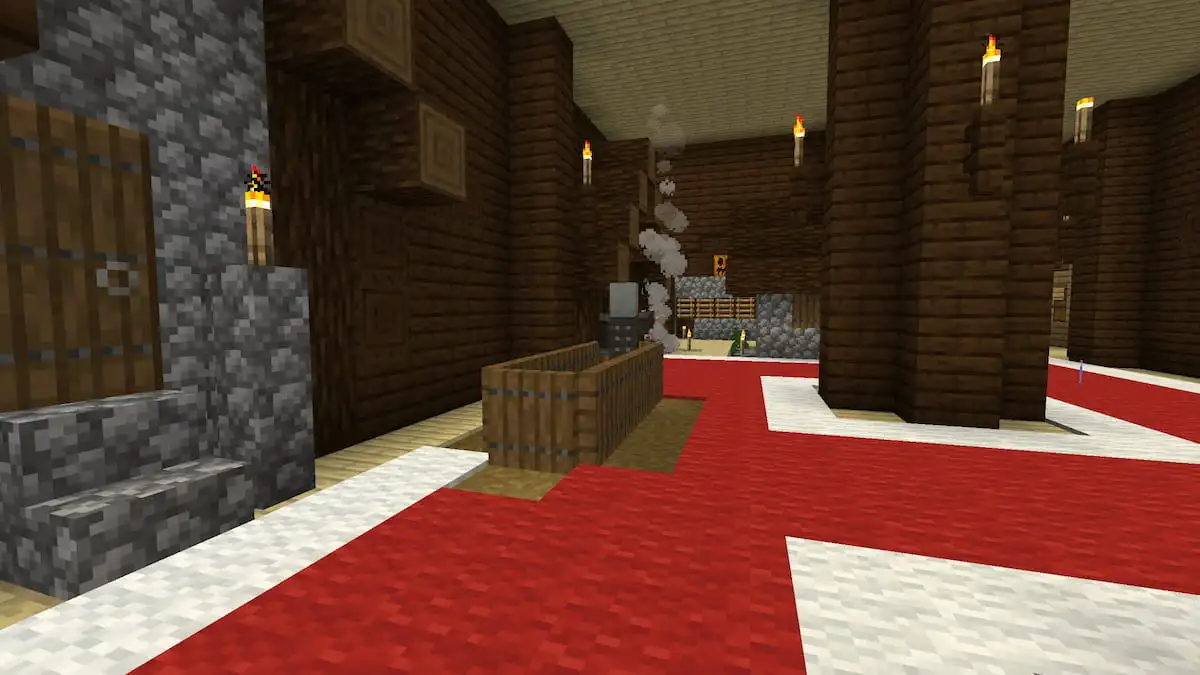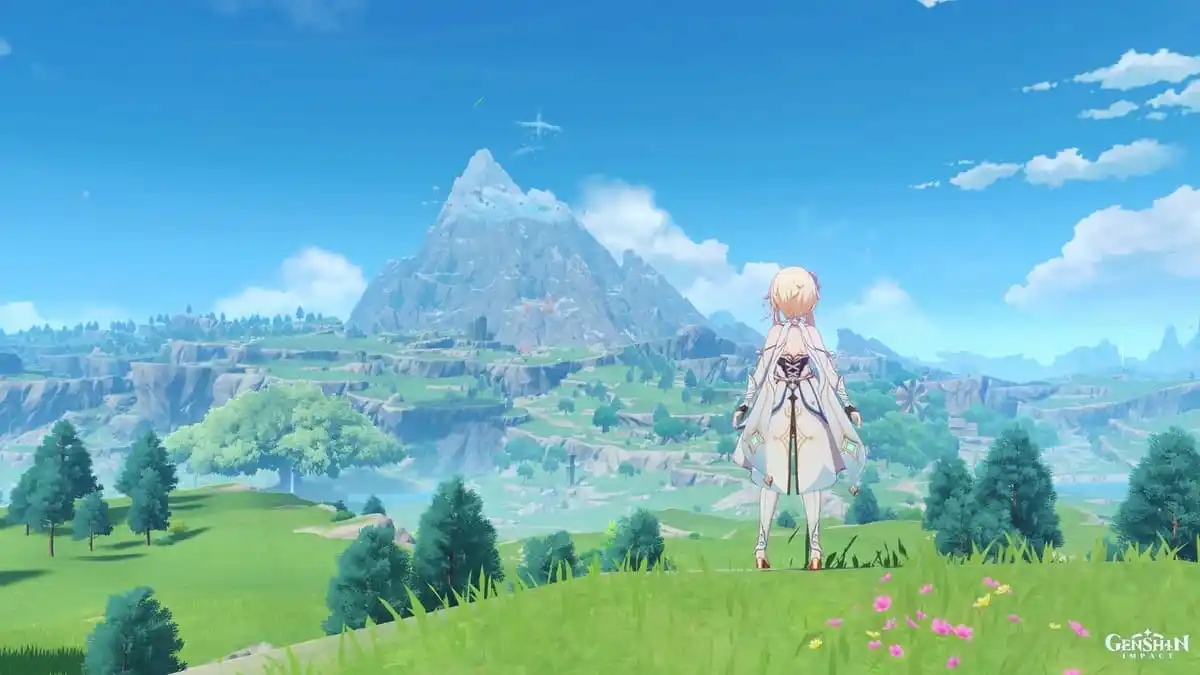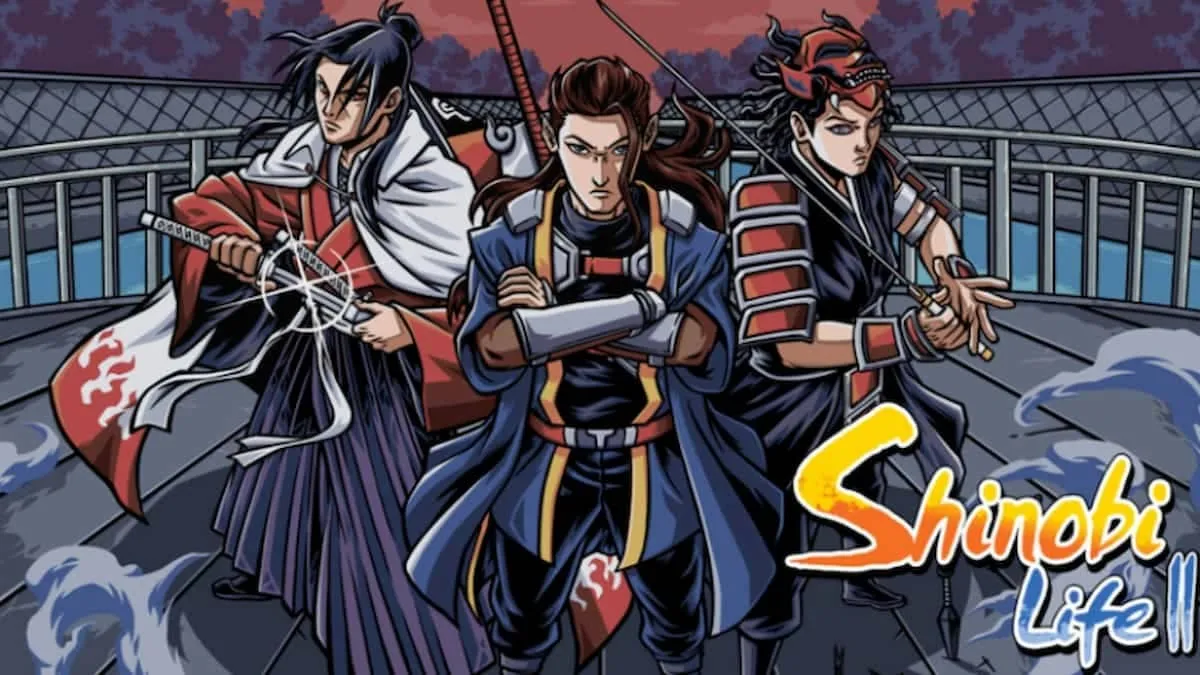Last week I wrote a piece on programs you can use as starting points for making your own games, which you can visit here. That post was like “indie-ception” in that you could make indie games with those rather indie programs. Those are by no means the only options available to you and I hope these articles help you on your creative quest to find your preference in game creation.
1. MonoGame
MonoGame is an open source implementation of the Microsoft XNA 4 Framework, as it says on their site. The incredible aspect of MonoGame is its cross-platform ability; you can produce games for Windows, Mac, iOS, Android, Linux, Windows 8 phones/store, (eventually) Playstation Mobile, and the OUYA. If you want to reach several audiences at once, this may be your golden goose. Also, you may have heard of a few little games by the name of FEZ, Bastion, and Transistor–all made with MonoGame. It’s free, but if you want to commercialize, there are some fees, yet they may be worth it with such a huge market reach. Highly recommended.
Check out Transistor’s reveal trailer, recently shown at this year’s Sony conference at E3:
2. Unreal Development Kit (UDK)
The UDK is the free version of the Unreal Engine 3, and it’s pretty slick. If you’re set on making 3D games, this may be the one for you. Unlike Unity, which uses JavaScript, UDK uses its own scripting called UnrealScript. UnrealScript is very specific and may be pretty daunting to green users.
However, if you spend a lot of time with it, you can create just about anything you can dream of in the UDK. Plus, there are numerous tutorials to help out as well as a huge store full of free assets that you can pull from to practice with. I have to say that first-person shooters built entirely with assets from the store look pretty dang nice, and they’re functional as well as fun; that would be a good place to start in your exploration with UDK. I highly recommend it if you’re willing to become familiar–and patient–with UnrealScript.

3. Twine
And now for something entirely different. Twine is a free, interactive text-based game where you progress the story with hyperlinks. It’s very basic, but can become pretty complex as you interweave individual choices with specific outcomes.
This can be an effective tool if you’re creating a narrative-driven game, coming up with trigger events, or generally outlining your game. This could be a great first step towards becoming a game writer if you find that programming isn’t your jam. It’s also up to you to decide how thorough you want your stories to be. I recommend Twine for its potential handiness for any games you intend to create.
4. RPGMaker Lite
RPGMaker Lite is the free, limited resource version of the popular RPGMaker franchise. If you absolutely abhor programming and love 8-bit RPG’s, this is a good introductory program for you. It’s the Lite version, so you can at least explore the ins and outs of RPGMaker and decide if you want to fork over the money for the full version. It’s actually very adorable and has a decent amount of customization for characters, environments, and events. It’s a great jumping off point, so definitely check it and its tutorials out.

5. GameMaker: Studio
GameMaker: Studio is a good starting point if you’re interested in mobile and social apps. It uses its own built-in scripting called GameMaker Language (go figure), which you can add extensions to, expanding on what you can already control and create if you find that’s not enough. With this version you get limited elements, like only five backgrounds or ten different sprites–so I wouldn’t expect to make a full-fledged blockbuster success, but it gives you a good taste of the program.
Depending on how deep your pockets are and on which platforms you want to see your games, the advanced versions get a little expensive. If mobile games are where your heart lies, go for it.

This list isn’t ranked in any particular way and I leave you to explore these options. There are definitely more programs to delve into, but I hope this acts as a springboard for your gaming endeavors, be they text, mobile, or 3D-based!






Published: Jun 17, 2013 11:26 pm